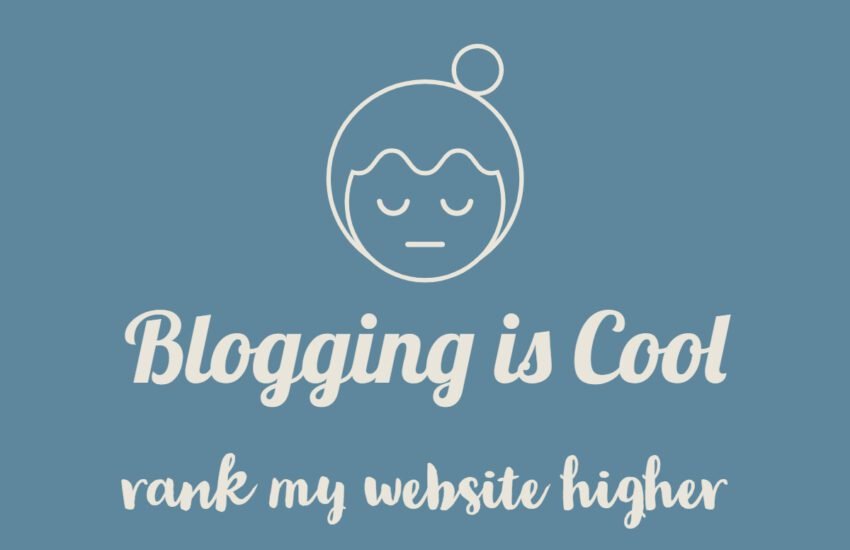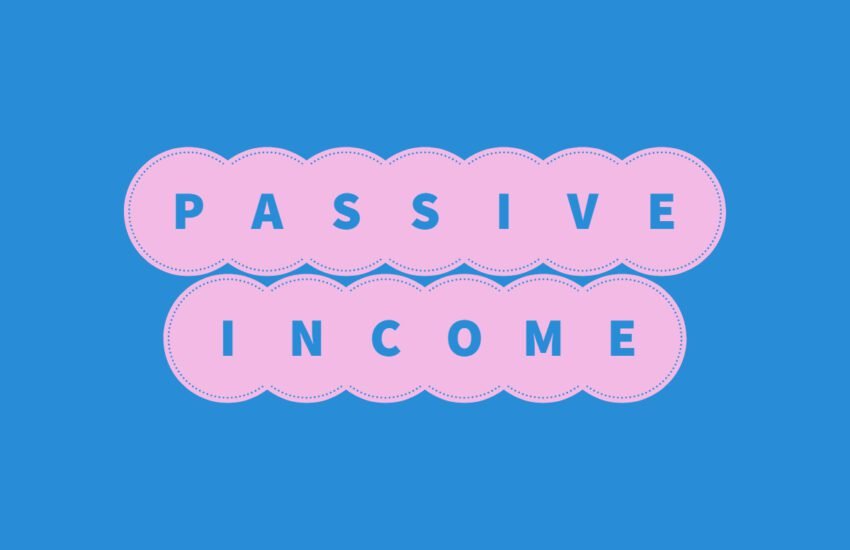Is SEO all Guesswork or is it a Science?
In the vast and ever-changing landscape of digital marketing, Search Engine Optimization (SEO) reigns supreme as both an art and a science. At its core, SEO is the practice of optimizing websites to rank higher on search engine results pages (SERPs), particularly Google. Yet, despite its ubiquity, the question persists: Is SEO a precise science governed by immutable laws, or is it a fluid and unpredictable art form? Delving into the perspectives of industry experts reveals a fascinating tapestry of contradictory beliefs and divergent strategies, suggesting that SEO is largely a game of educated guesswork.
Let’s start with Kyle Roof, a prominent figure in the SEO community, who boldly challenges the conventional wisdom surrounding keyword density. Traditionally, SEO practitioners have believed that saturating content with keywords is the surefire path to higher rankings. However, Roof’s assertion that keyword density doesn’t matter upends this long-held belief, forcing us to reconsider our approach to on-page optimization.
Similarly, Matthew Wood throws a wrench into the gears of SEO orthodoxy by questioning the significance of internal linking ratios. While many SEO professionals meticulously adjust these ratios in pursuit of better rankings, Wood contends that variations in internal linking have minimal impact on SERP performance. This challenges us to rethink the importance we attribute to internal linking strategies and opens the door to alternative approaches.
Nathan Gotch further complicates the SEO landscape by challenging the notion that the ratio of informational to commercial content within a blog has a meaningful impact on rankings. In an era where content strategy is king, Gotch’s assertion forces us to question whether our obsession with content balance is misplaced.
Meanwhile, Income School’s skepticism towards traditional keyword research tools strikes at the heart of one of the foundational pillars of SEO. For years, keyword research has been heralded as the cornerstone of any successful SEO campaign. Yet, Income School’s rejection of these tools suggests that there may be alternative paths to SEO success that don’t rely on keyword-centric strategies.
Even within the realm of black hat SEO – a domain often associated with precision and manipulation – figures like Craig Campbell remind us that uncertainty prevails. Campbell’s enigmatic persona and mastery of black hat tactics serve as a stark reminder that the boundaries of SEO are constantly being pushed and redefined.
And then there’s Matt Diggity, who challenges the utility of tags in SEO. Tags have long been regarded as a crucial element of on-page optimization, yet Diggity’s dismissal prompts us to reconsider their importance in the grand scheme of SEO strategy.
The list of dissenting voices goes on and on, painting a picture of an industry in flux, where established norms are constantly being questioned and reevaluated. In the face of such uncertainty, one might be tempted to throw up their hands in frustration and concede defeat. However, to do so would be to overlook the fundamental truth that lies at the heart of SEO: it is not a static set of rules but rather a dynamic and ever-evolving ecosystem.
So, where does one turn in search of SEO enlightenment amidst this sea of conflicting advice? The answer lies in the intersection of expertise and experience. Learning from seasoned professionals like Roof, Wood, Gotch, and others can provide invaluable insights that save time, resources, and the frustration of trial and error. However, it’s crucial to recognize that even the most esteemed experts in the field operate within a framework of informed guesswork.
SEO success, therefore, hinges not only on absorbing knowledge from those who have navigated the terrain before but also on actively engaging with the unpredictable nature of the digital ecosystem. Experimentation, adaptability, and a willingness to challenge conventional wisdom are the cornerstones of effective SEO strategy.
In essence, SEO is akin to a complex puzzle with constantly shifting pieces. While there are foundational principles and best practices to guide us, the ultimate solution remains elusive and ever-changing. Rather than seeking a definitive roadmap to success, it’s more productive to view SEO as a continuous journey of discovery and refinement.
In conclusion, the notion that SEO is a precise science governed by fixed rules is a fallacy perpetuated by oversimplified narratives and outdated paradigms. In reality, SEO is an intricate dance between data-driven insights and intuitive leaps of faith. By embracing the art of guesswork and cultivating a mindset of experimentation, marketers can navigate the labyrinthine landscape of SEO with confidence and creativity. After all, in the enigmatic world of digital marketing, the only certainty is uncertainty.


